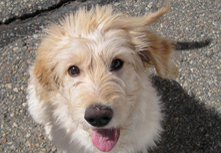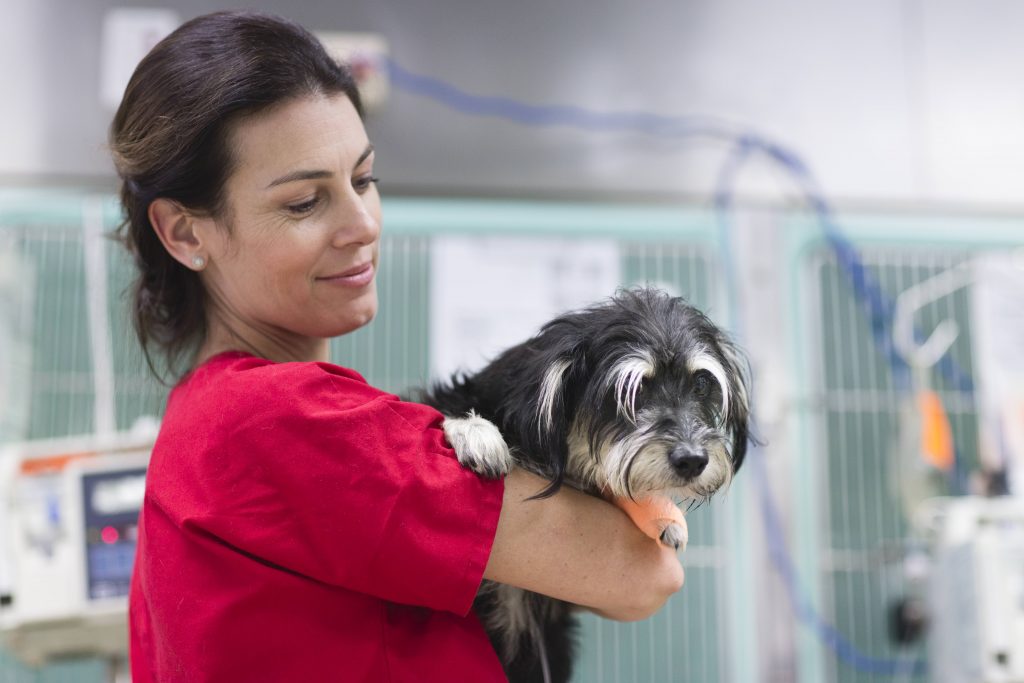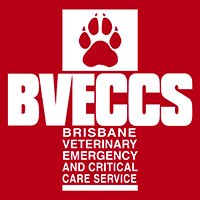Blog
What You Should NOT Feed Your Dog
By: BVECCS Admin
On: September 26, 2018

What Your Dog Should Not Ingest…
There is plenty of advice about what you should feed your dog for health and well being. However, as emergency vets, we know that pet owners need to be more aware of foods that are safe for us but that you should NOT give to your dog or allow access to in case they decide it might be something good to eat…
Items That Your Dog Must Not Eat
This list contains items that cause many dogs to need to visit the vet each year. Note there may be other things your dog finds to eat that may cause a problem that is not on this list. If you are concerned about something your dog has eaten, please call your vet promptly.
Sometimes a small quantity of the items listed below is not dangerous, however, to be on the safe side we strongly recommend that you avoid access to any of the following:-
| Item | Reason |
|---|---|
| Onions, garlic and chives | Onions (also garlic, leek, shallots and chives) contain a chemical that can damage a dog’s red blood cells resulting in anaemia. This includes cooked, raw or dried form. Be especially aware of concentrated forms such as onion and garlic powder. If you feed your dog leftovers, make sure that there is no onion or garlic in the food. If your dog does become affected you may notice blood coloured urine. If a patient becomes severely anaemic they are at risk of organ failure. This is an emergency situation and you will need to take your dog immediately to a vet. |
| Chocolate | Fortunately, most people are aware that chocolate should not be given to dogs. This can be tricky around Christmas and Easter in particular when more may be around the house. Beware dark chocolate, cocoa powder and cooking chocolate (very concentrated forms) as smaller amounts can cause more problems. If your dog has chocolate toxicity, the signs you may see are vomiting, diarrhoea, panting, tremors and agitation and seizures in severe cases. If any chocolate is ingested, call your vet for advice with an approximate weight of your dog and how much and what type of chocolate. If you think your dog is showing any signs from eating chocolate, bring your pet straight to the veterinarian. |
| Grapes, sultanas and raisins | Grapes, sultanas and raisins contain a toxin which can damage a dog’s kidneys. Initial signs include vomiting, lethargy and abdominal pain. There is more information about grapes and raisins on this website. [line on words grapes and raisins to other blog on this subject] |
| Sweet Treats that contain sugar substitute xylitol | Xylitol is an artificial sweetener used in some chewing gum, breath mints, lollies and cookies or cakes. It is highly toxic and can cause problems if a dog only consumes as little as 0.1mg/kg of xylitol. Xylitol causes low blood sugar and liver failure in dogs with onset of signs often times within 30 minutes of ingestion. [line on word Xylitol to fact sheet on this subject] |
| Peach, Plum, Apricot, Nectarine seeds/pits | It is not the fruit that is dangerous for a dog, but rather the peach, plum or other stone fruit pits. The pits can firstly be a choking hazard and can cause intestinal inflammation and can cause intestinal obstructions. There is a tiny amount of cyanide, however, it is not enough to cause any signs unless a large amount of pits are eaten. While it is unlikely that anyone would feed a dog peaches or plums, fruit trees in the back garden or a visit to a farm could put your dog at risk. |
| Home made play dough | This has been known to cause salt toxicity if ingested which can be life-threatening. |
| Corn on the cob | If a corn cob is ingested it may become lodged in the intestines. Should this happen, it is likely to require surgical removal. Best to keep corn on the cob away from the family pet. They have been known to steal this from bins and compost heaps. |
| Macadamia Nuts | Macadamia nuts are toxic for dogs and signs can include lethargy, vomiting, panting, weakness, painful limbs and tremors. Fortunately, this is very treatable. |
| Caffeine | Main sources for this include coffee, coffee beans, tea and energy drinks. Signs develop quickly and usually start with agitation and tremors, then vomiting, diarrhoea and seizures. It is important that your dog is immediately taken to a vet clinic. |
| Mouldy or spoilt foods | If you wouldn’t be comfortable to eat some leftover foods, then please don’t feed them to your dog. We see a lot of cases of discomfort, vomiting and diarrhoea from bacteria spoilage of foods. Mould growing commonly on dairy, nuts and bread can contain a toxin (Mycotoxin) which causes agitation, vomiting, tremoring and seizures. There can also be a toxin on grains (Aflatoxin) which causes liver damage. Best to keep dogs away from compost bins and the chook pen. |
| Mango and Avocado seeds | You’d think dogs would know not to eat these but, unfortunately, we do see intestinal obstructions from these fairly regularly. You may see on some websites information about avocado toxicity for dogs. Avocados do contain Persin, which although it’s toxic to birds, is not a problem for dogs. |
| Medicines | Be aware that many of the common human medications that you may have in your medicine chest are toxic to dogs. Do not be tempted to give your dog any medication including vitamins that you haven’t talked to a vet about. Keep your medicine in a medicine cupboard or stored away in a drawer to avoid any potential disasters. |
| Alcohol | Dogs are very sensitive to the effects of alcohol, and so even small amounts could cause a problem. Signs develop quickly within 30-60 minutes and can include wobbliness, lethargy, vomiting, increased thirst, tremors, seizures progressing to coma. Please do not take the risk of losing your dog by allowing him/her access to any form of alcohol. |
| Yeast, rising bread dough, pizza dough | If consumed, raw bread dough continues to rise and expand at body temperature and can become life-threatening. The rising process also produces alcohol which further adds to the problem. Signs include bloating, vomiting, depression and abdominal pain. It is vital to see a vet without delay. |

What You Should Not Feed Your Dog
Not many dog owners realise that there is such a large list of items that dogs should not eat. Please once you have read this blog, share it amongst other dog owners and help prevent accidental dog poisoning and the other vet emergencies that occur through dogs consuming items from the above list.
If your dog has just eaten any of the items listed, call your closest veterinary clinic straight away. Many of these toxicities and problems are treatable with rapid attention.
Please also remember BVECCS emergency veterinary clinic is open 24 hours on weekends and all night every day, 7 days a week.







